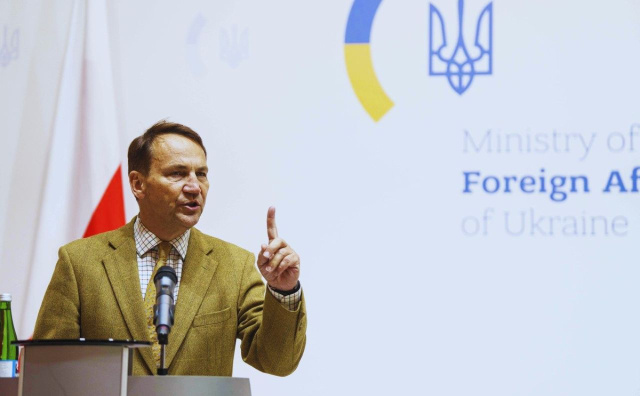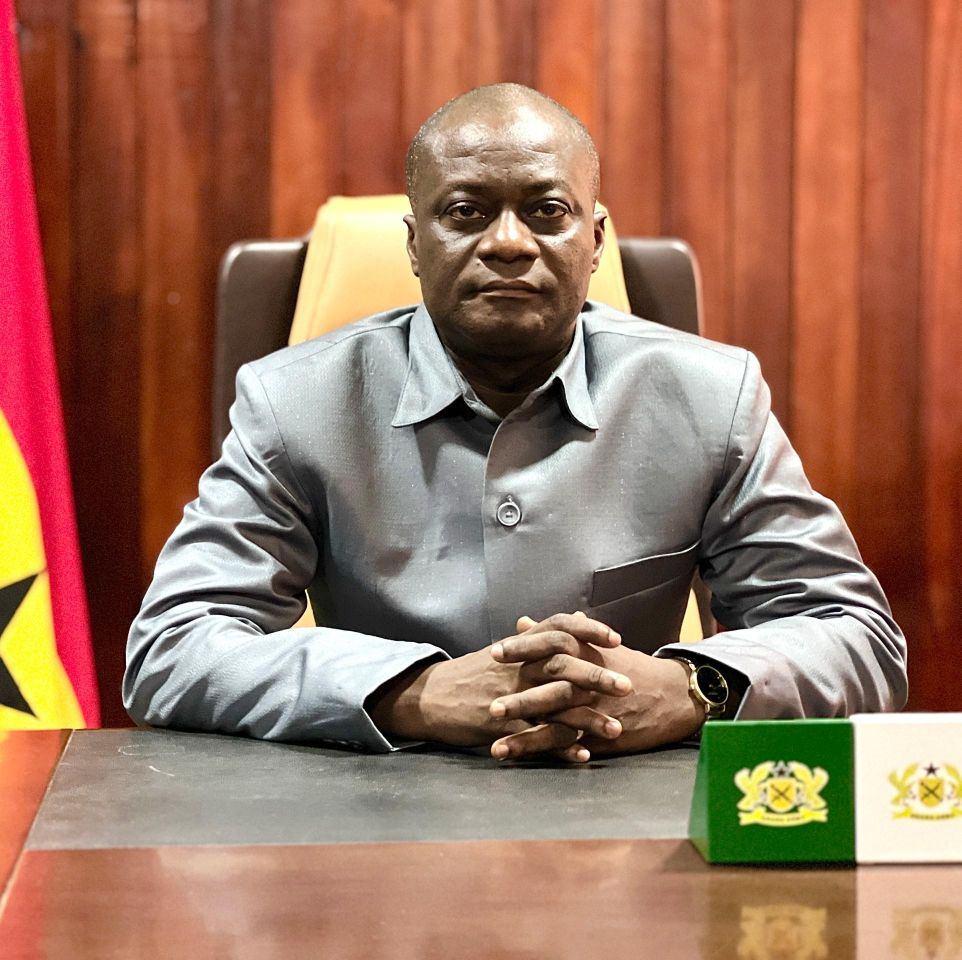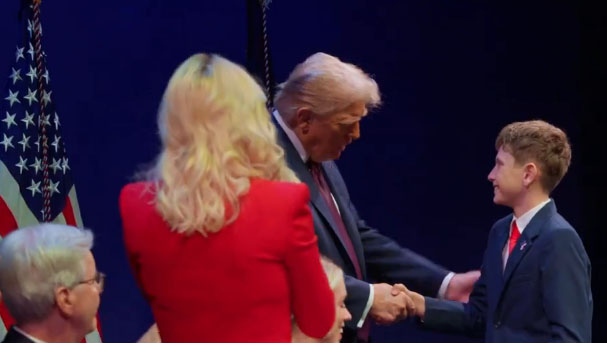‘We May Manage Our Space Together,’ says Polish Foreign Minister on NATO Closing Part of Ukrainian Airspace

Polish Foreign Minister Radosław Sikorski has expressed optimism about NATO’s response following Russia’s September 10 drone incursions into Polish airspace, despite the attack itself prompting minimal direct consequences for Moscow. Speaking to the Kyiv Independent during the Yalta European Strategy (YES) conference in Kyiv on September 12–13, Sikorski said, “I think Russia lost this confrontation,” emphasizing that the strikes were largely ineffective and caused only minor property damage. Warsaw managed to down four of the 19 drones, while fragments from others fell as far as 400 kilometers west of the Ukrainian border, forcing NATO allies to scramble costly fighter jets to intercept drones of relatively low value.
In response to the attacks, Poland formally requested consultations under Article 4 of the NATO treaty, which allows for discussions among member states when security is threatened, but does not trigger the mutual defense obligation of Article 5. NATO announced a new deterrence mission, Operation Eastern Sentry, on September 12. Sikorski acknowledged that while Russia faced no immediate retaliation, the attack served as a probe to test NATO’s defense commitments, adding that Poland must be better prepared for similar incidents in the future. The threat was underscored later the same day when a Russian drone entered Romanian airspace.
Sikorski highlighted increasing cooperation with Ukraine in countering drone threats. Ukrainian support includes sharing experience in electronic warfare and interceptor drone capabilities, with joint exercises planned on Polish territory. “Well, that’s the other thing that (Russian President Vladimir) Putin has achieved with this attack. Our public now demands, correctly, closer collaboration with Ukraine because you have the latest, most relevant experience and the latest weapons for dealing with Russian drones,” Sikorski said, noting that the attacks may have accelerated Polish-Ukrainian collaboration on military technologies.
The foreign minister also suggested that NATO might revisit the idea of closing part of Ukrainian airspace to Russian incursions using air defense systems deployed in Ukraine. Sikorski indicated that Ukrainian Foreign Minister Andrii Sybiha reaffirmed Kyiv’s willingness to cooperate, which could bring forward this concept. He added, “Opinion is shifting towards this idea,” reflecting a growing consensus among NATO allies on protective measures in the region.
Regarding NATO’s deterrence effectiveness, Sikorski argued that the attacks demonstrated the alliance’s readiness and unity. He emphasized that Poland’s immediate priority is to safeguard key logistical hubs like Rzeszow airport, through which military aid to Ukraine is routed. “Our first duty is to protect the hub from Russian sabotage, from Russian espionage, and from Russian kinetic attacks. And we are in charge of managing this complex logistical operation,” he explained, while acknowledging that if casualties had occurred, Poland’s response would have been far more severe.
Sikorski also responded critically to U.S. President Donald Trump’s statements following the drone incursions. Trump had suggested that the attacks might have been accidental and that the U.S. would impose sanctions only if European allies fully coordinated their own measures. Sikorski underscored that Russia, as the aggressor, should remain the focus of sanctions and noted that the EU had already implemented 18 packages of restrictions, with a 19th under consideration.
The minister further highlighted broader security measures, including proposals for intercepting Russian drones and missiles over Ukrainian airspace through NATO and EU cooperation. He emphasized that Poland alone cannot implement such strategies and stressed the need for allied coordination. Sikorski also warned about Russia’s aging naval fleet in the Baltic, noting that accidents involving these vessels could trigger unprecedented environmental damage.
The September 10 drone attack marked the first time Russian targets had been shot down over NATO territory, with 19 airspace violations recorded and fragments recovered from 16 drones. Following the incident, NATO deployed troops to Poland under Operation Eastern Sentry, and European and American political support has grown for initiatives like Sky Shield, which would allow the interception of Russian drones and missiles over western and central Ukraine.
Sikorski concluded that the combination of NATO readiness, increased Polish-Ukrainian collaboration, and ongoing sanctions sends a clear message to Russia, while emphasizing that further protective measures and strategic coordination remain crucial to deter future threats.
The Kyiv Independent
The Guardian



